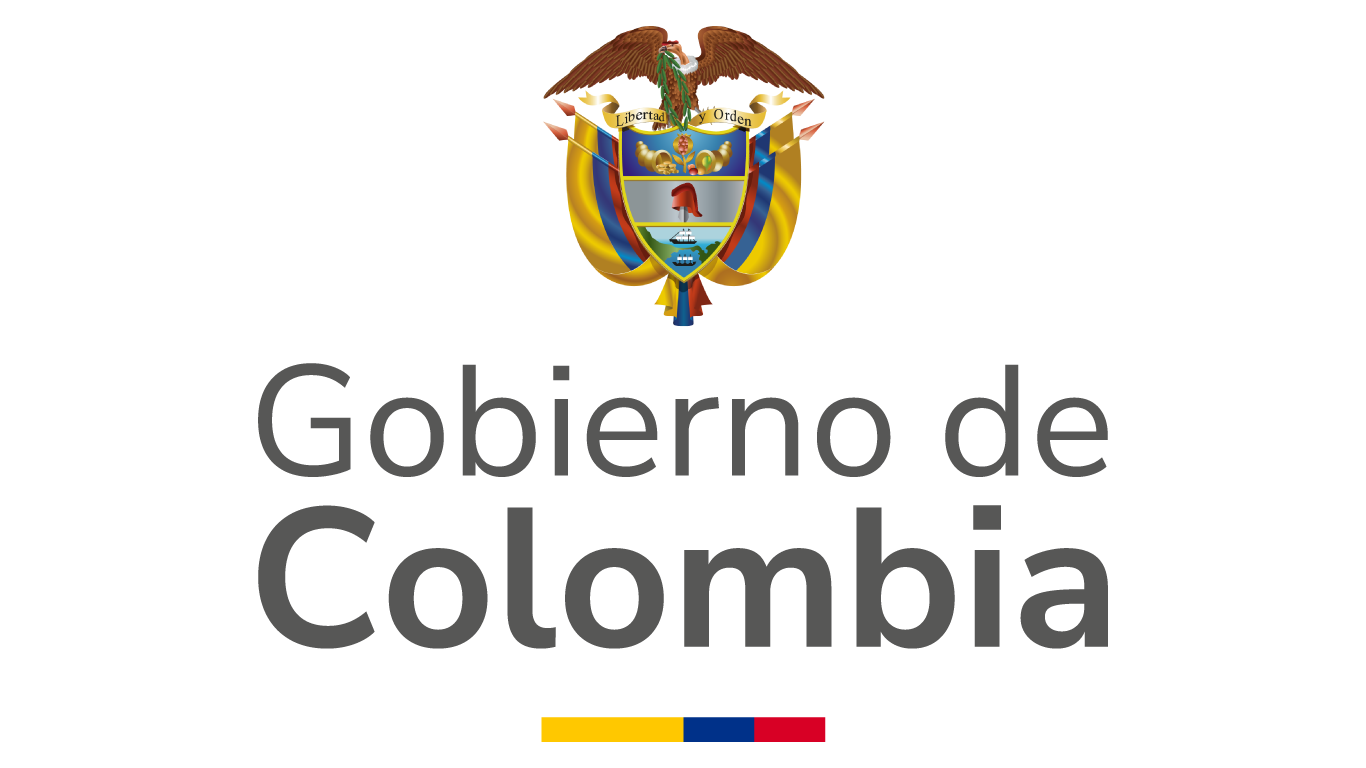The International Humanitarian Fact-Finding Commission started working in 1991 in pursuance of the provisions of Article 90 of the First Additional Protocol to the Geneva Conventions of 1949, through which it was created with the purpose of supporting compliance with the International Humanitarian Law (IHL). The IHFFC is an international agency with the main mandate of investigating allegations regarding serious infractions to IHL. In order for the Commission to perform the activities regarding its mandate, it must have the authorization of all the parties involved in an armed conflict, authorization that might be expressed previously by means of a statement of recognition of due competence or making reference to a specific case. Likewise, the Commission may, at the request of the parties in conflict, help restore respect for the IHL.
The government of the Swiss Confederation provides the Commission the administrative facilities to perform its duties. The headquarters are located in the city of Bern and the Swiss State is in charge of the Secretariat of the Commission. In turn, the Commission is made up of 15 personalities well known for their morals and impartiality. They are elected for a five-year term by the States that have accepted the jurisdiction of the Commission, serving in their personal capacity and not as representatives of any country. It is important to note also that the information obtained by the Commission in compliance with the mandate, may not be disclosed to the public, unless all the requesting parties involved in a conflict have given their approval.
Currently, 72 States have accepted the jurisdiction of the Commission, Colombia being the 48th country. From 2006 to 2008, the Colombian Reinaldo Botero-Bedoya served as Commissioner until his death.










